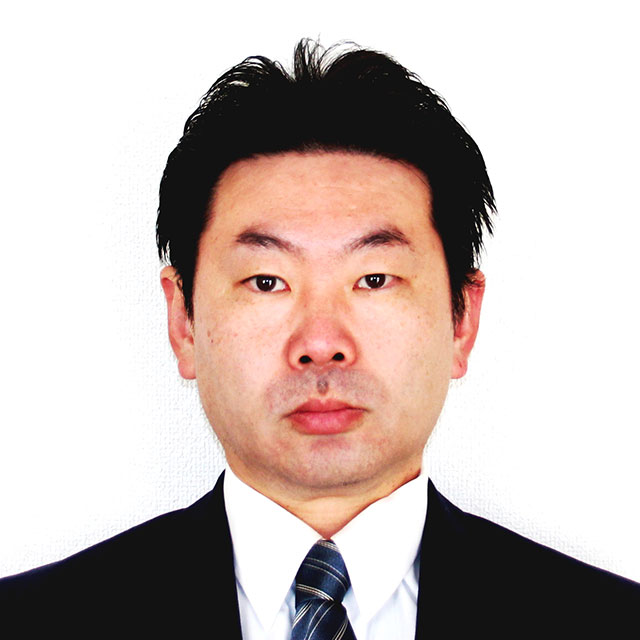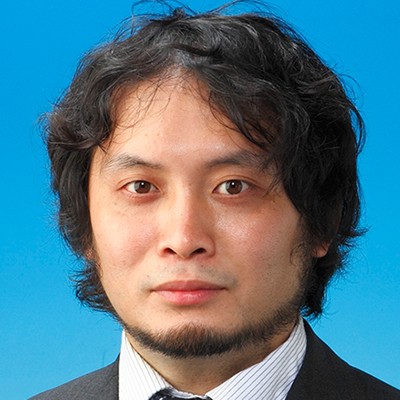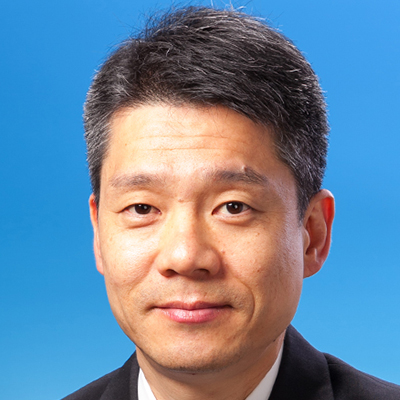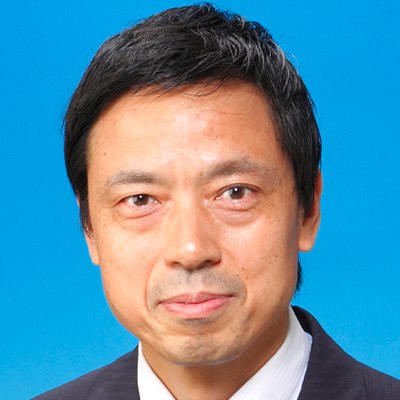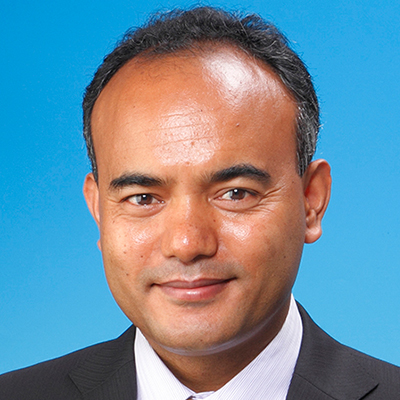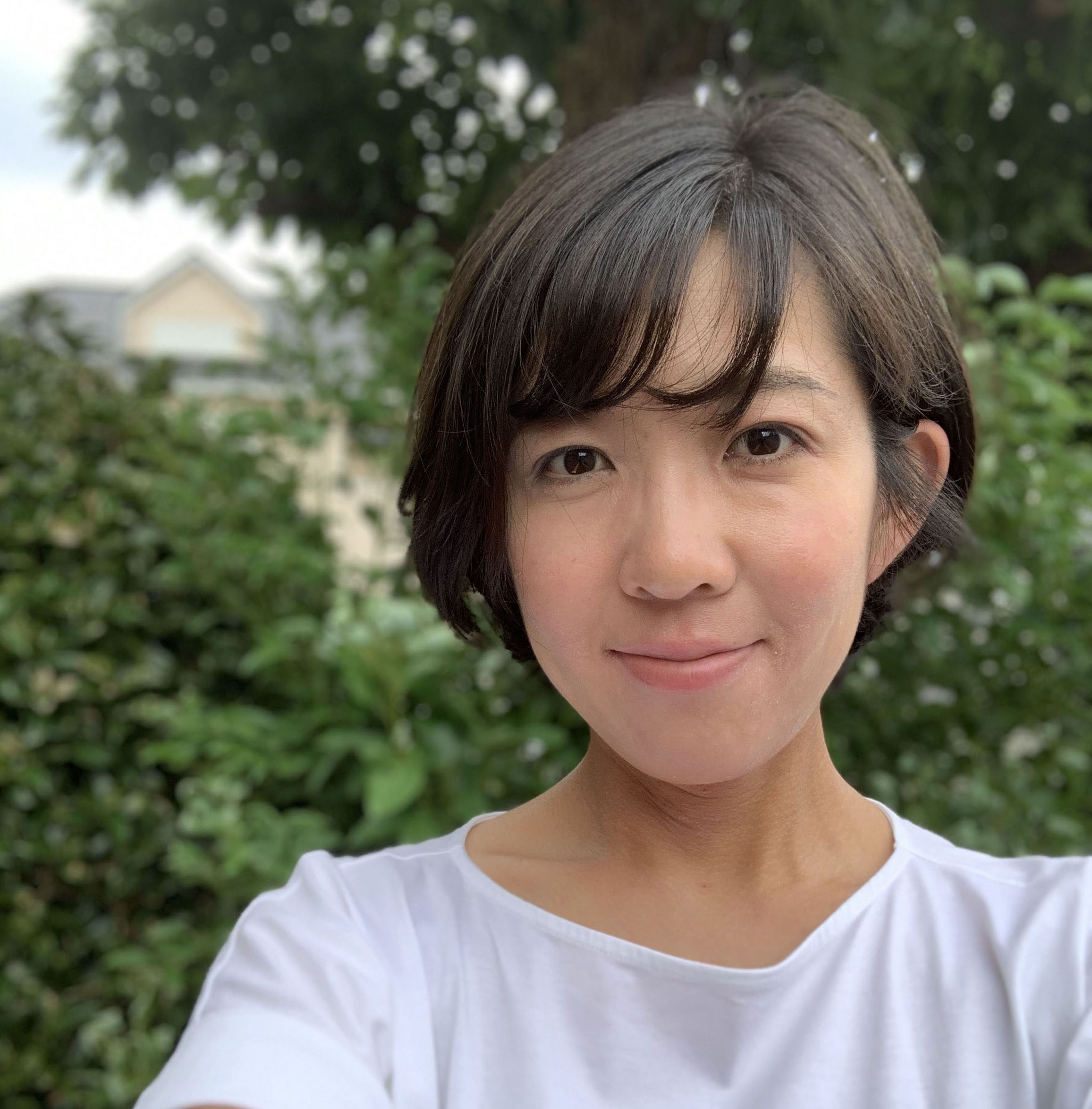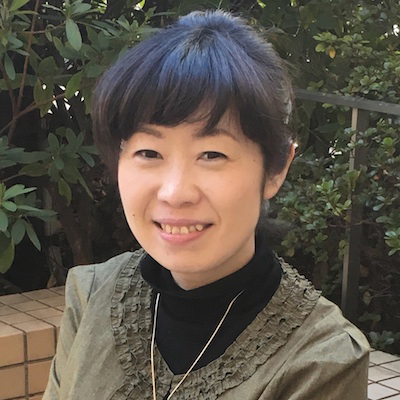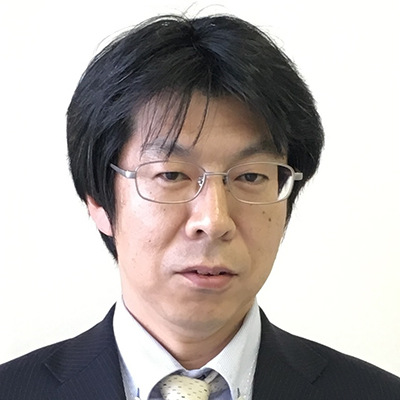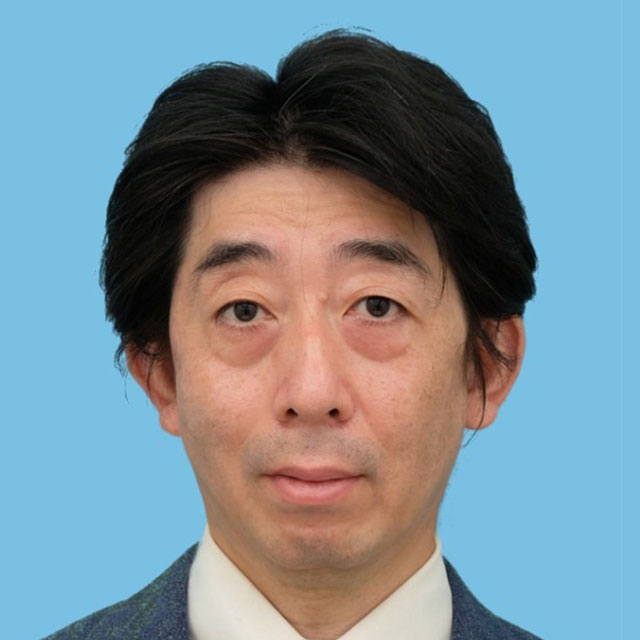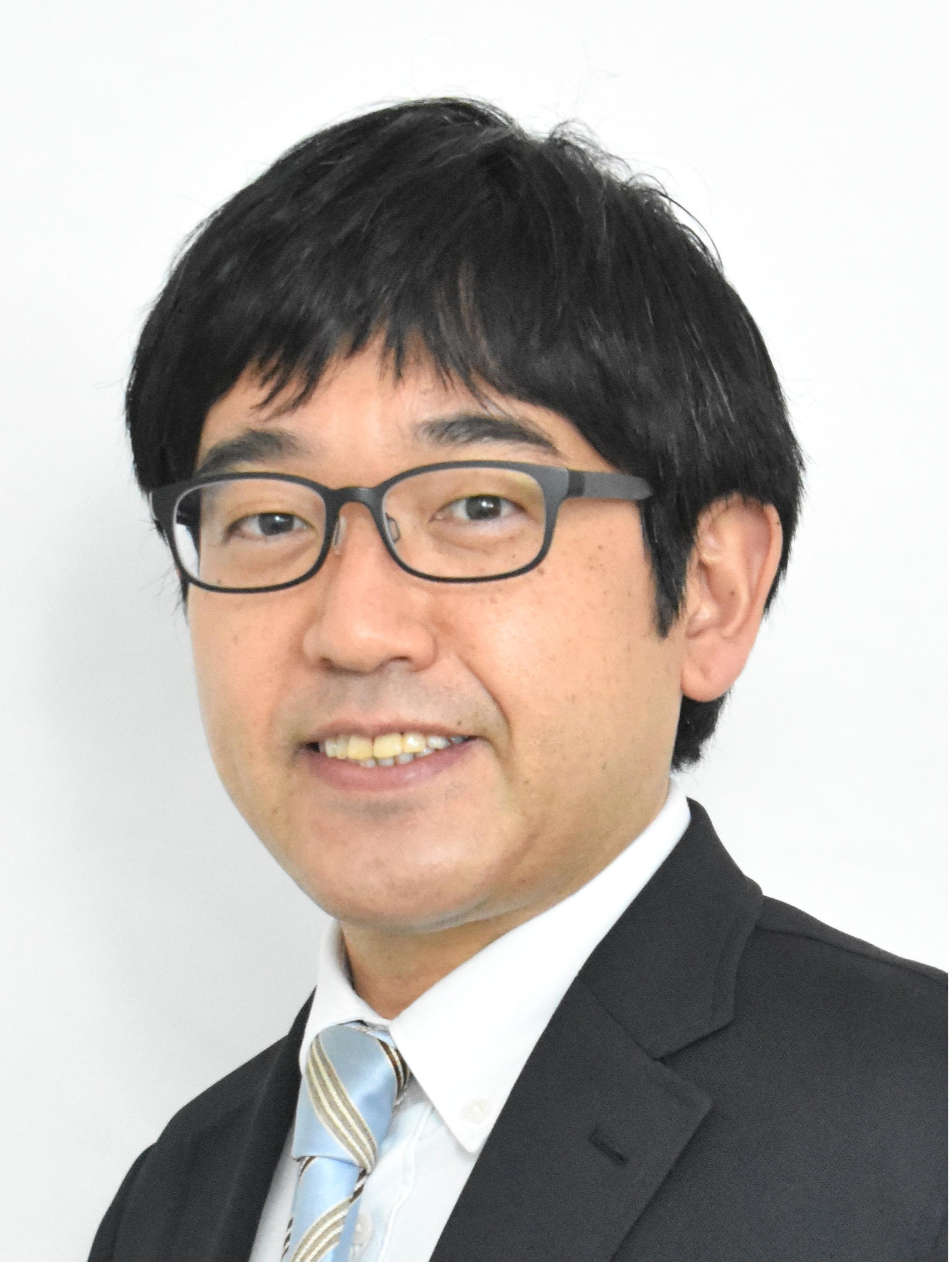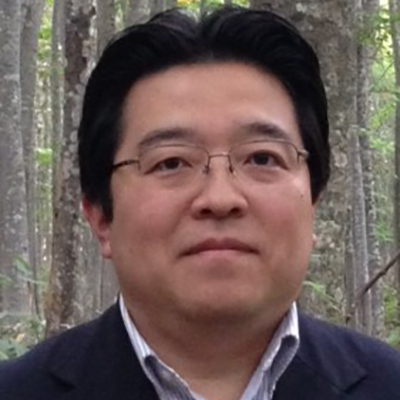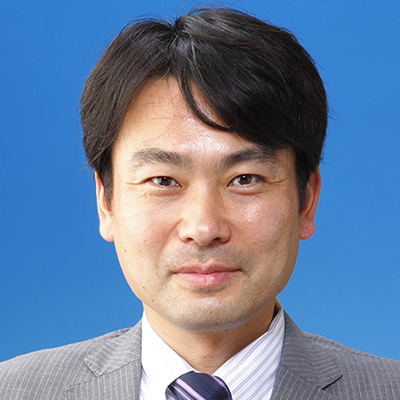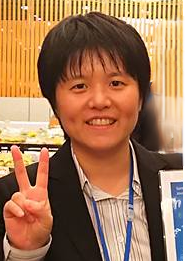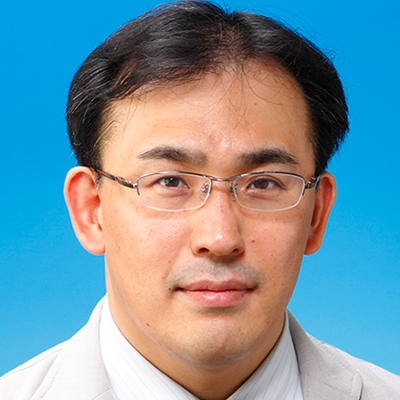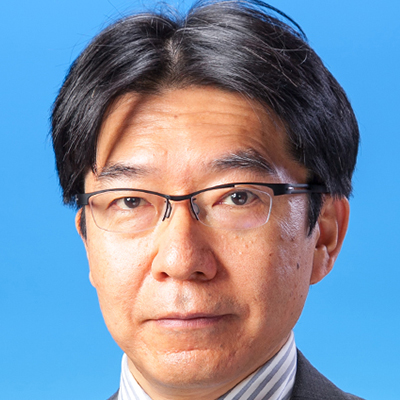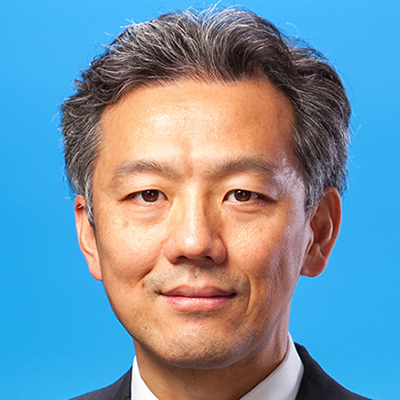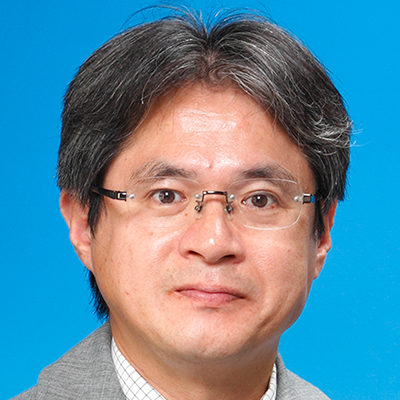- HOME
- Our Group
Our Group
Small group work helps us reach
research goals by raising awareness.

We have 21 research groups within the two departments; Restoration Ecology and Built Environment and Environmental Management and Sustainability.
In the Faculty of Environmental Studies, all third-year students begin their research by participating in a research group through seminars and reading technical books. Their thesis project begins from their fourth year.
Courses consist of small-sized seminars, meaning that students can develop professional knowledge under the supervision of advisors from relevant academic fields.
"Laboratory Guidebook"
Further information is provided in the Laboratory Guidebook (in the Japanese version).
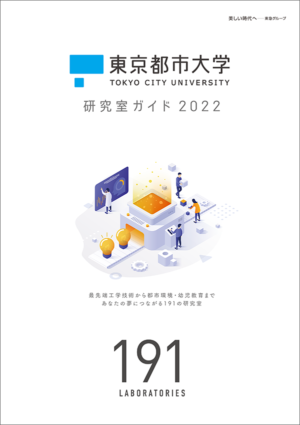
List of groupsRestoration Ecology and Built Environment
Ecological Environment Field
-
Iijima LabApplied Ecological Systems
Improving the local environment by applying ecosystem functions and understanding the biological capacity of environmental adaptability
Our research spans technological development and urban environmental planning based on harmonizing human and natural ecosystems. To achieve our goals, we conduct research in various disciplines such as landscape science, environmental science, physiological anthropology, and public health.
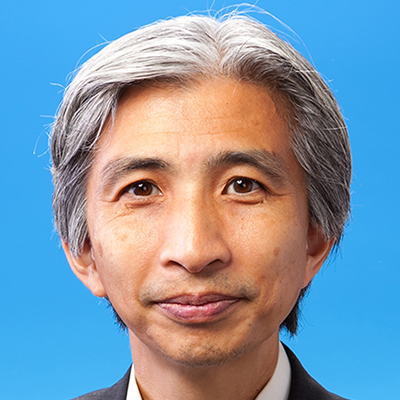
-
Yokota LabUrban Ecological Planning
Conducting practical research on urban ecological planning to create green infrastructure based on ecosystems and ecosystem services
We analyze and evaluate urban ecological networks, landscape functions, and ecosystem services to integrate urban ecology into ecological planning.
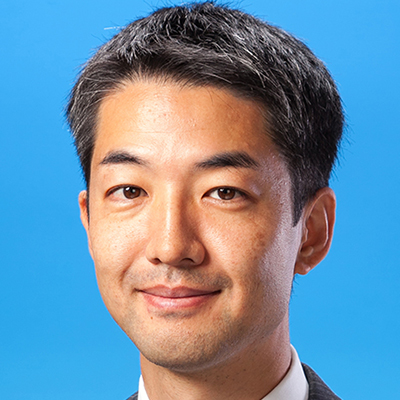
-
Uchida LabBiodiversity and Conservation
Explore the relationship between human activities and biodiversity to inform ecosystem management
Our laboratory focuses on elucidating various fields, ranging from the ecology of rare organisms to mitigating mechanisms produced by greenery. Recently, we have taken a keen interest in exploring the diverse functions generated by biodiversity in urban and suburban green spaces.
